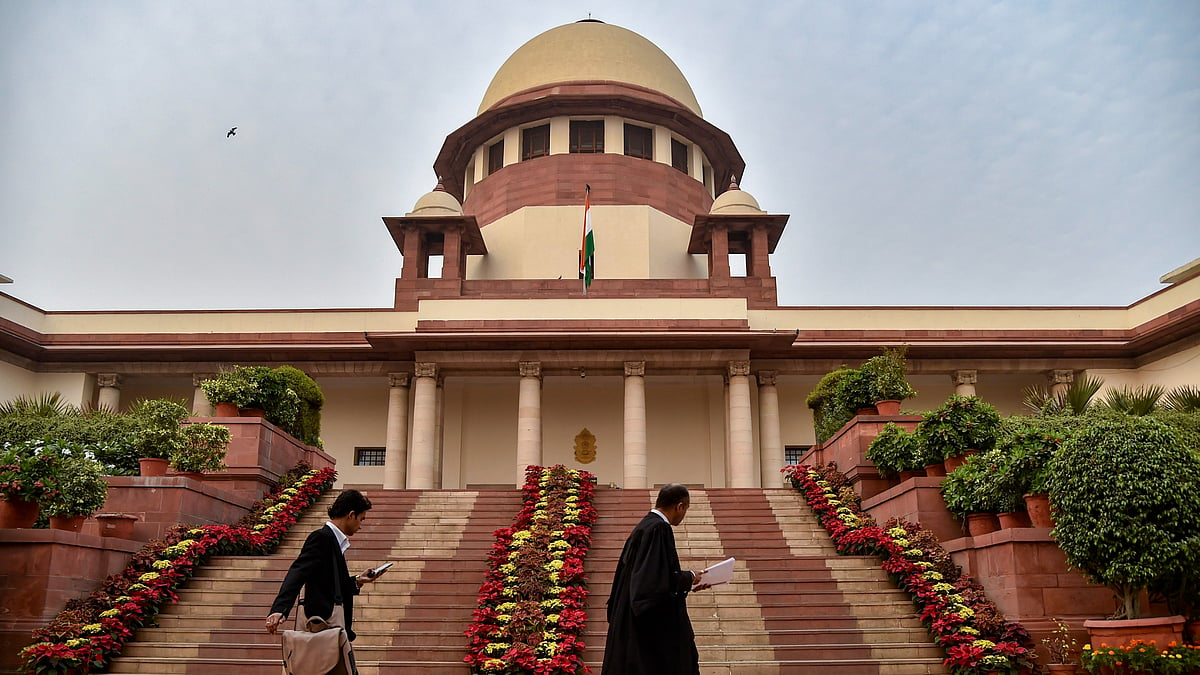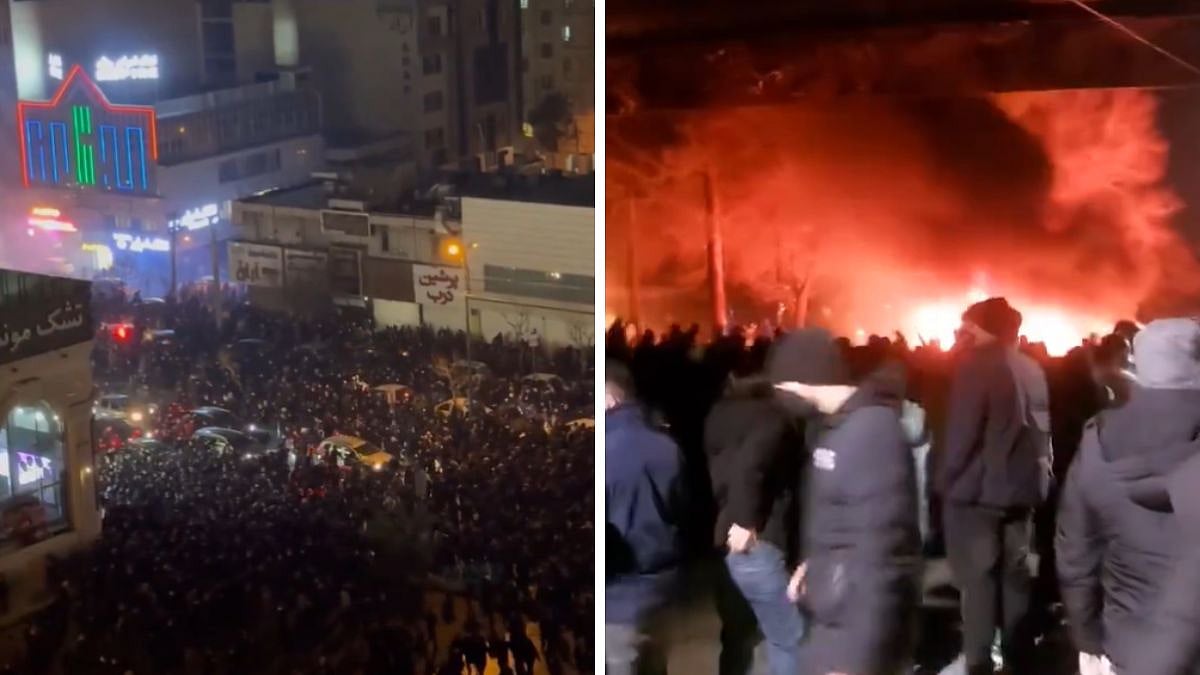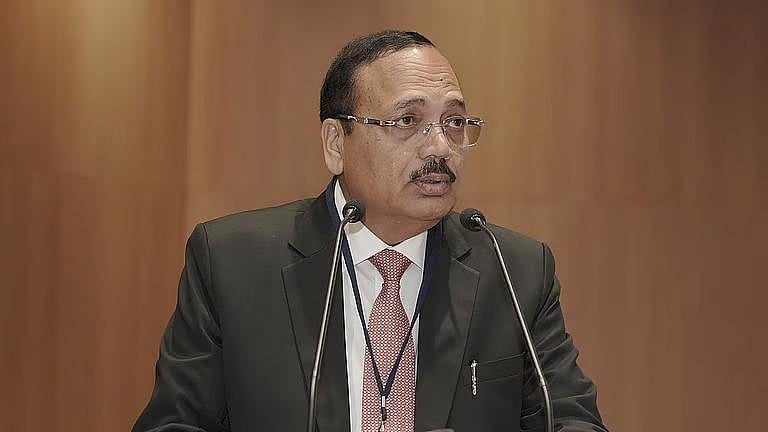Any understanding of the conflict in Palestine must confront some uncomfortable truths in order for there to be a viable path to peace.
The first is the inextricable linking between ending the occupation and finding an end to violence, as former Greek finance minister Yanis Varoufakis eloquently stated: “The path to ending the tragic loss of innocent lives — both Palestinian and Israeli — begins with one crucial first step: the end of the Israeli occupation and apartheid.” Numerous other observers, including all former living directors of Shin Bet, the Israel Security Agency, have stated on record that ending the occupation of the West Bank and Gaza is the only way to really achieve both aims; the current director of Shin Bet, Ronen Bar, warned Prime Minister of Israel Benjamin Netanyahu in a briefing that settler violence was fuelling Palestinian terrorism. Unfortunately, it is by now difficult to avoid the fact that Israel is at best reluctant, at worst unwilling to end this occupation.
In the West Bank, especially, this history of creeping annexation since 1967 has only increased with time. Even after the Oslo Accords were signed, settlement activity exploded, with the number of settlers increasing several-fold. The significance of this region and the emotional resonance it has cannot be overstated as it encompasses the old Kingdom of Judah and contains many of the Biblical sites of antiquity and important religious landmarks for Judaism. Arguably, it is this that makes it so difficult to give up. David Ben-Gurion, the architect of modern Israel, had advised a retreat to the 1967 borders after the successes of the Six-Day war, a proposal which was rejected by the then IDF Chief of Staff, Yitzhak Rabin; after which settlement activity surreptitiously began and never looked back since. Estimates by the Israeli NGO Peace Now say that 32% of land held in the West Bank for building settlements was owned by Palestinians, and this is land which Israel never intends to return. The gradual extension of control increased settlement activity entails — such as the building of security roads only usable by settlers, discriminatory use of water resources, extensive checkpoints which act as chokepoints for Palestinian civilians and the carte blanche given to settlers to harass and damage Palestinian property with impunity — make it very difficult to roll back. In practice as opposed to rhetoric, the refusal of consecutive Israeli governments to rein in growth in settlement activity, much less reduce it, casts severe doubts on their intentions regarding the West Bank.
The tragedy is that polling throughout the 1990s and 2000s found that there were consistent majorities on the Israeli side that supported a “land for peace” deal, one that would lead to a viable and autonomous Palestinian state. It is an indictment of the Israeli political leadership that they failed to deliver on this. Even Rabin as Israeli PM, while pushing the Oslo Accords, refused to accept a Palestinian state, instead speaking of a ‘’self-governing Palestinian authority”, aides commenting later that this was because the Israeli public were not ready to overcome the “psychological barrier” and accept a Palestinian state. One can be forgiven for wondering whether it was the Israeli public or the Israeli political leadership that in the end were unable to overcome this psychological barrier.
Without a genuine commitment to end the occupation and withdraw from the occupied territories, as an essential step towards establishing an autonomous and viable Palestinian state, the Two-State solution is essentially dead and with it any realistic chances for a peaceful settlement. The difficulty has been in finding an Israeli leader from the Left, which traditionally represents the peace camp, who is willing to do this. The closest was Ehud Barak, who did talk of a Palestinian state but one which could only be described as “semi-sovereign” at best, bisected into several cantons, with no control over its own airspace and borders and no self-defence force to speak of. A state that would in other words be a dependent protectorate rather than an independent one. Leaders from the Right, ranging from Ariel Sharon to Netanyahu, have never accepted the Two-State solution, seeking instead a de facto annexation of most of the West Bank and control over the rest as well as Gaza. The challenge is that until an Israeli leader emerges who has the courage and imagination to make the leap of faith required, any Two-State solution will remain an elusive goal.
The second uncomfortable truth is regarding Hamas and the numerous calls for its complete elimination. The problem here is that Hamas is not just a terrorist organisation but, as Mukul Kesavan has said, it is also a “protection racket, social welfare organisation and national liberation movement”. Like Hezbollah, it has gained legitimacy and credibility amongst the local population by laying down deep roots; apart from the much-decried “terrorist infrastructure”, it also provides most of the civilian administration for Gaza, ranging from teachers, doctors, imams, engineers, bureaucrats and police officers (altogether estimated to be about 40,000), forming an entire array of institutions that are responsible for governing Gaza, whose absence would form a devastating vacuum. Those who believe in eviscerating Hamas completely as a political organisation would do well to remember what happened in Iraq in 2003, when American governor Paul Bremner summarily dismissed thousands of civil servants because they were members of the Ba’ath party, causing widespread chaos and setting back the rehabilitation of the civilian sector and economy by years.

Another uncomfortable truth is that Hamas is not just a splinter cell that achieved political power through a military coup. In the last elections held to the Palestinian authority in 2006, it far outstripped its main rival Fatah in the number of seats won and should have formed the next government. It was only prevented from doing so after immense pressure from Israel, and from the Quartet of the UN, US, EU and Russia supervising the Israeli-Palestinian peace process, compelled Mahmoud Abbas as President of the Palestinian Authority to suspend the government and legislature and refuse to allow it form a new administration. Since then, no new elections have been held; but it would be naïve to think that Hamas does not have popular support or could not credibly win another election.
Part of any genuine Palestinian self-determination must mean the ability to choose their own leaders, and any credible negotiation must be with representatives that have critical support from their people. There can be no wish-fulfilment exercise where Israel gets to choose who its partners on the Palestinian side in negotiations are going to be. Every time Israel has interfered internally in Arab polities to try and set up a partner it would prefer to deal with — from the self-government village authorities in the West Bank in the 1980s, the Phalangist strongman Bashir Gemayel in Lebanon, to the decrepit current Palestinian authority under Abbas — it has backfired and ended in disaster. Complaints about the lack of democracy in the Arab world sound hollow when the results are deemed unacceptable and suppressed. Whosoever the Palestinian representatives are in any peace negotiations, they must be chosen by the Palestinians themselves and no one else.
Lastly, as difficult as it is to accept under the current circumstances, there can be no military solution to the conflict; only a political one. Israel has invaded Gaza four times since its withdrawal from the territory in 2005, each time leading to considerable loss of life on the Palestinian side. There have been two major intifadas against the occupation since 1987. Palestinian nationalist self-consciousness and determination to resist have not appreciably declined but, if anything, become more entrenched. The old dictum that Palestinians only understand the language of force has proved false. The language of force and war must be replaced by a dialogue of peace and compromise to end the cycle of violence.
Conrad Barwa is a senior research analyst at a private think-tank, and a senior research associate at the Birmingham Business School










